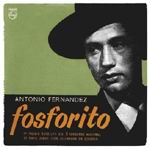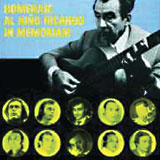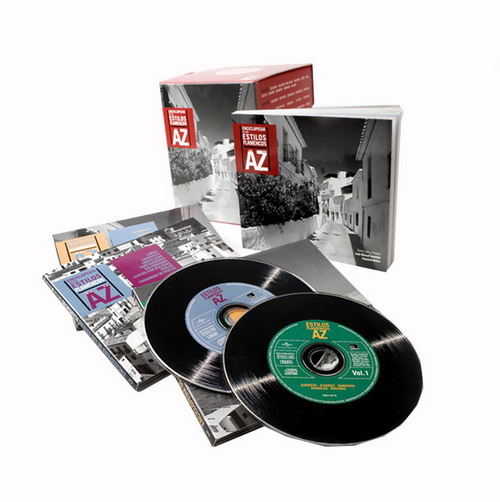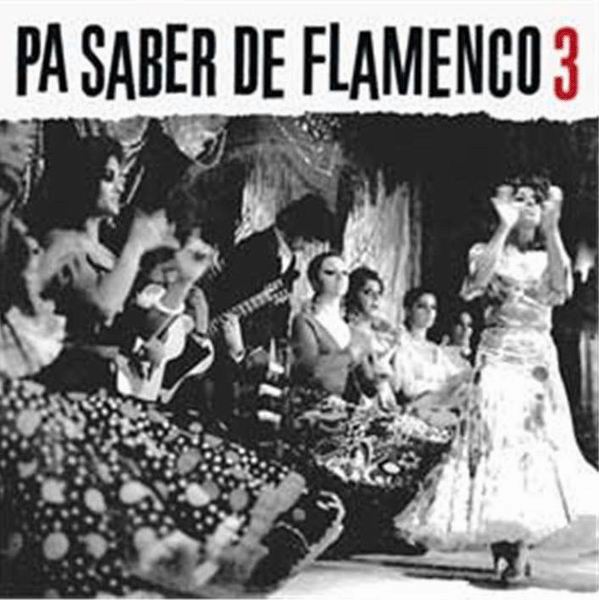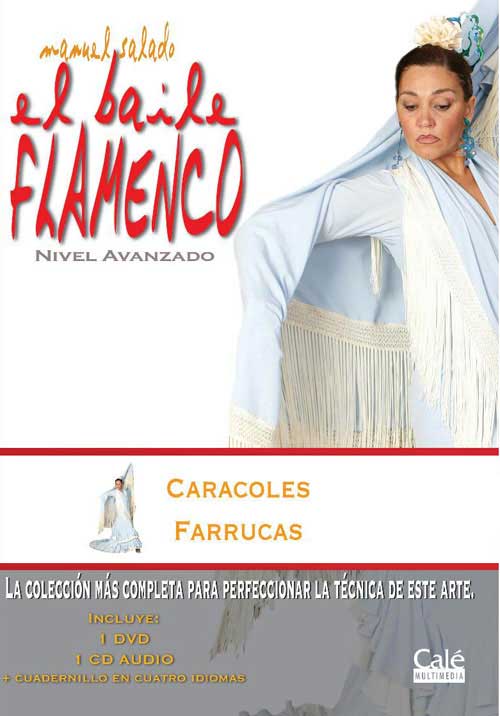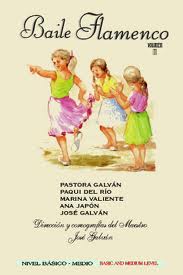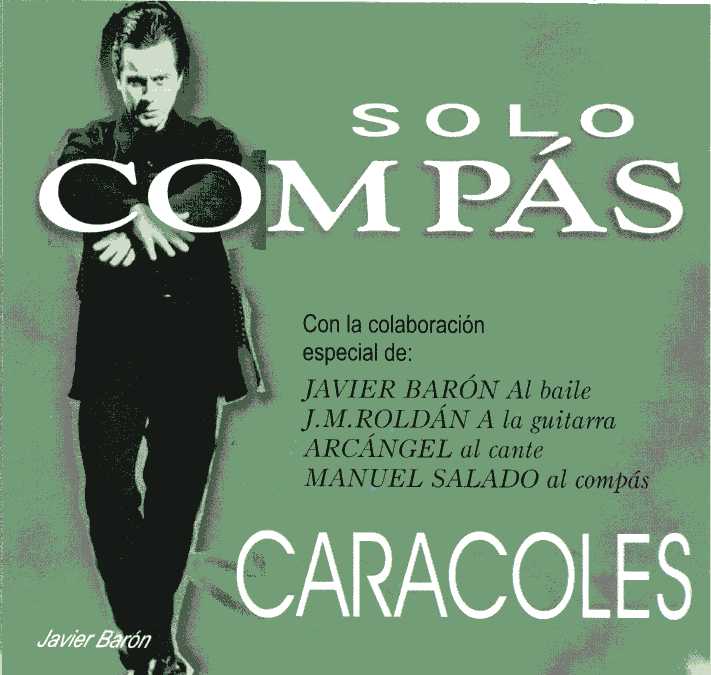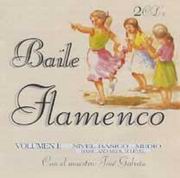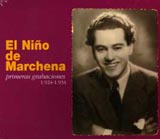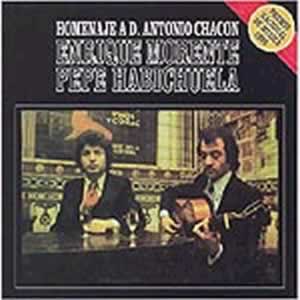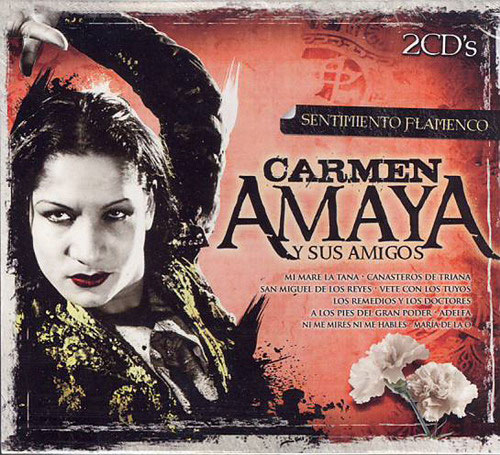- Contact |
-
Phone |
(+34) 91 542 72 51.
We’re open from Monday – Friday 10h-13:30h / 17:00-20:00h and Saturdays 10h-13:30h (GMT + 1).
In 2022, we will be closed for holidays the 1st and 6th January, 14th, 15th and 16th April, 2nd and 16th May, 25th July, 12th October, 16th August, 1st and 9th November, 6th, 8th , 9th and 26th December.
Our shop is located in Calle Campomanes nº 4, Madrid 28013 España (Ópera Metro Station) - Help |
- Price list |
- Order situation |
- Wholesalers Access
- 🚚 📦 WORLDWIDE SHIPPING ✈️ 🌍
- 🚚 📦 WORLDWIDE SHIPPING ✈️ 🌍


- Flamenco best sellers
-
All Flamenco
- Bracelets
- Braces and Belts
- Breeches and Tassels
- Brooches
- Bull-fight and Spanish Flag Handbags
- Bullfighter Outfits
- Campero Boots Valverde del Camino
- Costumes and Accessories
- Customized Products
- Fabrics per Metre
- Flamenca Blouses
- Flamenco Costumes for kids
- Flamenco dance Tops and Bodies
- Flamenco Dolls
- Flamenco Face Masks
- Flamenco Guitars
- Flamenco percussion boxes and canes
- Flamenco Pictures
- Flamenco Shirts
- Jewellery
- Joaquín Cortés
- Manila Shawls
- Necklaces
- Posters
- Weddings and Brides
- Guests Hats
- Souvenirs, Parties
- Didactic Material
- Music and video
-

-

- Flamenco best sellers
- Andalusian costumes
- Castanets
- Combs and Small Combs
- Fans
- Flamenca outfits
- Flamenco Dance Outfits
- Flamenco Earrings
- Flamenco Flowers
- Flamenco Shoes
- Flamenco Skirts
- Hats
- Manila Shawls
- All Flamenco
- Bracelets
- Braces and Belts
- Breeches and Tassels
- Brooches
- Bull-fight and Spanish Flag Handbags
- Bullfighter Outfits
- Campero Boots Valverde del Camino
- Costumes and Accessories
- Customized Products
- Fabrics per Metre
- Flamenca Blouses
- Flamenco Costumes for kids
- Flamenco dance Tops and Bodies
- Flamenco Dolls
- Flamenco Face Masks
- Flamenco Guitars
- Flamenco percussion boxes and canes
- Flamenco Pictures
- Flamenco Shirts
- Jewellery
- Joaquín Cortés
- Manila Shawls
- Necklaces
- Posters
- Regional Shoes
- Sales
- Short Boots
- Small Shawls
- Spanish Aprons
- Spanish flags
- Spanish Gifts
- Spanish Hats
- Stickers and Adhesives
- Sticks
- T-shirts
- Veils (Spanish mantillas)
- Zahones
- Weddings and Brides
- Bridal Combs
- Bridal Jewelry
- Bridal Veils
- Brooches for wedding veils
- Bun hair pins
- Flowers for bride
- Wedding Fans
- Wedding music
- Guests Hats
- Design Earrings
- Floppy Hat
- Floral Crown
- Guest Headband
- Guest headdress
- Party clutches, Guest clutches, Mini Bag
- Straw boater for Women
- Top Hat for Women
- Souvenirs, Parties
- Flamenco-Spain.com
- Didactic Material
- Books
- Classes for Beginners
- Didactic DVD & Video
- Flamenco Didactic CDs
- Flamenco Metronomes
- Flamenco Step by Step: Adrián Galia
- Manuel Salado: Flamenco Dance, Flamenco Guitar and Tap
- Oscar Herrero
- Scores and Sheet music
- Solo Compás
- Music and video
- CD. Flamenco music
- DVD
- Videos
-
 Whatsapp
Whatsapp
- Our address:
- Calle Campomanes, 4, 28013, Madrid
- See map
- E-mail:
- flamencoexport@flamencoexport.com
- Phone:
(+34) 91 542 72 51.
We’re open from Monday – Friday 10h-13:30h / 17:00-20:00h and Saturdays 10h-13:30h (GMT + 1).
In 2022, we will be closed for holidays the 1st and 6th January, 14th, 15th and 16th April, 2nd and 16th May, 25th July, 12th October, 16th August, 1st and 9th November, 6th, 8th , 9th and 26th December.
Our shop is located in Calle Campomanes nº 4, Madrid 28013 España (Ópera Metro Station)

Caracoles
Song which verse consists in a sequence of strophes with verses of different measures. Belongs to a group denominated cantiñas and very close musically to alegrías and even closer to mirabrás, with a tendency to baroquism and arabesc. It receives this name from the chorus that ends the 'cante', probably derived from a song of the album "El genio de Andalucia" of Manuel Sanz, entitled "La Caracolera". The lyrics are generally fun and sometimes 'spicy' and the word 'caracoles' is introduced between the strophes and as a chorus. 'Toque' is only realised in do major and the measure is the same that the one of soleares, alegrías and bulerías.
Flamenco dance: women's own, due to the wavy movements, just like soleares or peteneras. It is possible that it comes from another dance of the modern school of 'palillos', known under the name of 'caracoles clásicos'.
Tío José el Granaíno is considered as the creator of the flamenco version of these songs. Furthermore, caracoles were introduced thanks to him as 'cantiñas para bailar' in the singing cafés of Madrid. However, who has truely reformed them, recreated them, who has given them all their success, their flamenco character and contributed to their diffusion is Antonio Chacón. Since him, caracoles have always been associated to his creative personality. Caracoles first seemed to Cachón to be a 'small' song and he decided to tidy it up, introducing intonations of romera in the first part and adding musical details and parts from other 'cantiñas'. This is how caracoles turned out to be a song to listen to. One of the lyrics registered by Chacón appears in the Zarzuela of Soriano Fuertes Jeroma 'la castañera of 1843. Many people say that this cante is native from Madrid, due to the caracoles which original verse was changed by Antonio Chacón. The original verse says: "Santa Cruz de Mudéjar / como reluce / cuando suben y bajan / los andaluces". Then Chacón substituted it by "La gran calle de Alcalá". Caracoles, like the rest of the cantiñas, adapt them to the measure of soleá. Nowadays some singers have this style in their repertoire, like Naranjito de Triana and Chano Lobato who have their logical shapes and personal intonations.
Comes from: Sanlúcar de Barrameda








